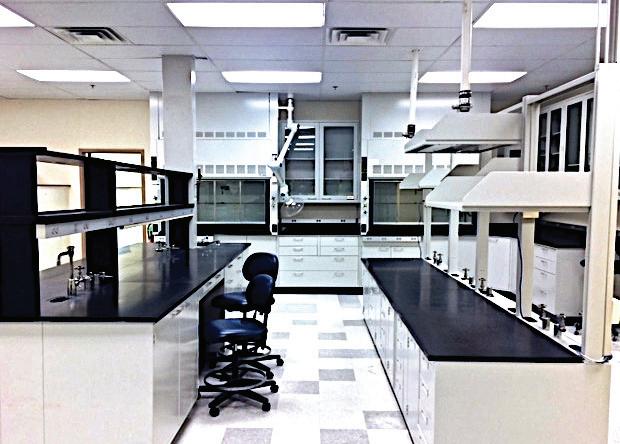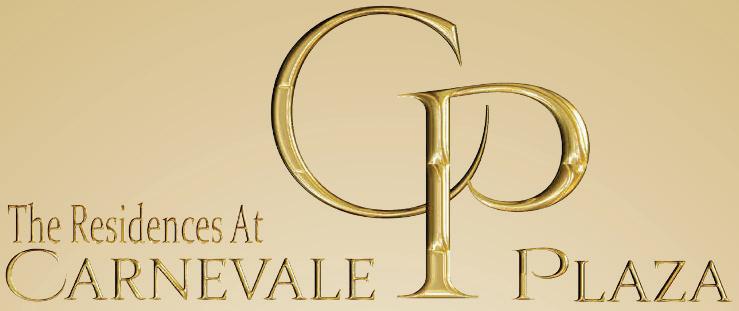4
U.S. 1
September 2, 2020
SURVIVAL GUIDE The Ethics of the Hunt for a COVID Vaccine
A
s pharmaceutical companies around the world — including several, such as Johnson & Johnson, in the Princeton area — race to develop and test a viable vaccination against COVID-19, others have concerns about the safety and ethics of the race to a cure. One academic is challenging a particular tactic — the challenge trial — that would speed up clinical trials but that exists in an ethical gray area. Ben Bramble is an assistant professor of philosophy at Trinity College Dublin and a visiting fellow at Princeton University’s Center for Human Values. His essay, “Challenge Trials for a Coronavirus Vaccine Are Unethical Except for in One Unlikely Scenario,” recently appeared in the online journal The Conversation. Bramble writes:
t
he world urgently needs a vaccine for COVID-19. Only when a vaccine is approved and people are safe can countries fully end their lockdowns and resume normal life. The trouble is that such vaccines usually take years to develop and test for efficacy and safety. Recently, some bioethicists have proposed a way of speeding up this testing process by several months. Researchers would put volunteers in quarantine with access to the best medical care, give these volunteers one of the trial vaccines, and then directly expose them to the coronavirus. This type of intentional exposure is called a challenge trial, and since researchers would not have to wait for sub-
jects to encounter the virus in the peated blunders, you’re still at a normal course of their daily lives, it very high risk of something really, could result in a vaccine much fast- really terrible. Sorry about that. er than a normal trial. Researchers But now, seeing as you are already need to know if the vaccine they are so very imperiled, would you mind testing actually produces some sort terribly if we increased your risk of immunity, so people have to even further, to help us all get out of come in contact with the coronavi- this giant pickle?” I believe that rus. The question is whether to pro- there is something deeply wrong duce that contact intentionally, or with asking people this. let random chance do it. Full information. OK, risk is I am a philosopher and bioethi- bad, but what if volunteers fully cist who has been researching and understand the risks they face? writing a book on the ethics of the Would that make challenge trials pandemic. Challenge trials are not ethical? a new idea and have always faced a Unfortunately, it is unclear major ethical question: Do they ex- whether this is possible. The mediploit test subjects even if the sub- cal community’s knowledge of the jects volunteer? full health impacts of COVID-19 is To answer that question, ethi- simply too incomplete right now. cists must conFor example, resider an equacent studies sugtion involving gest the virus Challenge trials are risk, knowledge, might cause not a new idea and and need. Given long-term heart the current state have always faced a damage in paof the pandemic, tients who do major ethical questhere is only one not even require tion: Do they exploit rare situation in hospitalization which I believe a test subjects even if during their inichallenge trial tial infection. the subjects volunwould be ethiMoreover, in teer? cal. In most casorder to reduce es, it would unto answer that questhe risks of volfairly exploit unteers becomtion, ethicists must those who voling severely ill consider an equation unteer. or dying, they involving risk, knowlwould likely Risk minimihave to be young zation. The first edge, and need. and healthy peoquestion is risk. ple. But such Some propopeople have, by nents of challenge trials say that they might be definition, never experienced seethical if you only select volunteers vere illness before. Even if they who already have a high risk of have a good theoretical grasp of the catching the virus — for example, health risks, that is a far cry from people who live in high transmis- firsthand experience of severe, sion areas, or who are essential long-term illness. This is a substanworkers like doctors, nurses, bus tial problem. drivers, cleaners, food workers, Analogies with other profesand so on. People who support this sions. The final point that people argue that since these people are al- make is that there are many other ready at great risk, being purpose- contexts in which it is ethical to alfully exposed to the virus isn’t that low people to take on big health much riskier for them than normal risks for the sake of the community life. — firefighters, police officers, solBut I see a big problem with this diers, and many other people who idea. These people are at such high work dangerous jobs do this daily. risk of catching COVID-19 in large And of course, millions of essential part due to failures of governments workers are still going to work in to properly lock down, test, and the morning despite the risks incontact-trace. In asking these peo- volved. ple to volunteer, I see governments The difference between fireas saying to them: “Due to our re- fighting and a challenge trial has to
LABORATORY & RESEARCH CENTER at
PRINCETON CORPORATE PLAZA • Ideally situated on “Einstein Alley”
Inspiring innovation.
between Princeton & Rutgers Universities • Fully equipped, turn-key lab & office space • Custom design by in-house architectural team • Ability to sub-divide: 300 SF-60,000 SF • Immediate occupancy • Flexible lease lengths & rates • Home to over 80 scientific companies • Adjacent hotel
Ben Bramble, a visiting fellow at Princeton University, does not yet see an ethical justification for the use of challenge trials for a coronavirus vaccine. do with need. While there is robust debate going on over just how essential many of these jobs are, if every essential worker stopped going to work, society would grind to a halt. The country needs grocery store workers and firefighters to do their jobs. By contrast, if the U.S. prevents people from volunteering for challenge trials, society will not collapse. It is true that the country needs a vaccine, but challenge trials are not the only way to get one. Researchers can simply run vaccine trials in the normal way. When challenge trials are ethical. If a normal vaccine trial can be run, I don’t believe challenge trials can be justified. But imagine some point in the future before a vaccine is approved. Efforts to contain the virus have proven so effective that there is no longer enough of the virus still circulating in communities for a normal vaccine testing process to produce a result, but there is enough virus around to pose a significant risk of outbreaks if lockdowns were relaxed. In this specific scenario, countries could face a choice between staying in various states of lockdown indefinitely or conducting human challenge trials. Here, it would be not only morally permissible, but arguably morally required to let people volunteer for challenge trials. The alternative to doing so would be a permanent
Daily updates on tWitter @princetoninfo
and substantial diminishment of society and quality of life. Trial volunteers would then become truly analogous to essential workers, needed to prevent a kind of societal collapse. If countries immediately commit to the effective interventions — mask wearing, locking down, testing, and contact-tracing — and then actually do them, the virus could be contained. In that case, challenge trials could be justified. Whether a country ends up facing the decision between indefinite lockdowns and a challenge trial remains to be seen, as there are a lot of unknowns with this virus. Until that decision is upon us, the equation involving risk, knowledge, and need does not add up to a sufficient justification for challenge trials. Disclosure statement: Ben Bramble does not work for, consult, own shares in or receive funding from any company or organization that would benefit from this article, and has disclosed no relevant affiliations beyond their academic appointment. For more on the Conversation, visit www.theconversation.com.
Business Meetings Friday, September 4
JobSeekers, professional Service Group of mercer County. www.psgofmercercounty.org. Abby Kohut presents on operating in uncertain times, staying in control of your career, and finding ways to thrive. 9:45 a.m. to noon.
Tuesday, September 8
Virtual propeller meeting, princeton Area Alumni Association. propellers.princetonaaa.org. Propeller entrepreneurship event via Zoom featuring Christopher W. Shaw, historian and author of “Preserving the People’s Post Office,” and Kyle Moore, postal carrier and past president of NALC – NJ Branch 268. Register by September 6. Submit questions in advance to propellers@princetonaaa.org. 7 p.m. JobSeekers. sites.google.com/ site/njjobseekers. Virtual meeting for those seeking employment. Visit website for GoTo Meeting link. 7:30 to 8:30 p.m.
Wednesday, September 9
business model & business plan, princeton SCOre. princeton.score.org. Webinar led by Amulya K. Garga on how to create effective business models and plans. Register. Free. 6:30 p.m.
get a taste of real community For almost 50 years, Whole Earth has been bringing the finest fresh, organic and natural foods to our community. Stop in for taste of real, no-compromise freshness and quality!
100% Organic Produce Section from local farms in season Natural Foods Cafe vegetarian soups, salads, sandwiches Whole-Grain Bakery we make everything from scratch
CONTACT: KENT MANAGEMENT
(732) 329-3655
jkent@kentmgmt.com
PRINCETONCORPORATEPLAZA.COM
360 NASSAU ST. (AT HARRISON) • PRINCETON MON–SAT 8AM–6PM • 8AM TO 9AM 65+ ONLY SUN 9AM–6PM • 9AM TO 10AM 65+ ONLY
LOCALLY OWNED • INDEPENDENT • SINCE 1970


